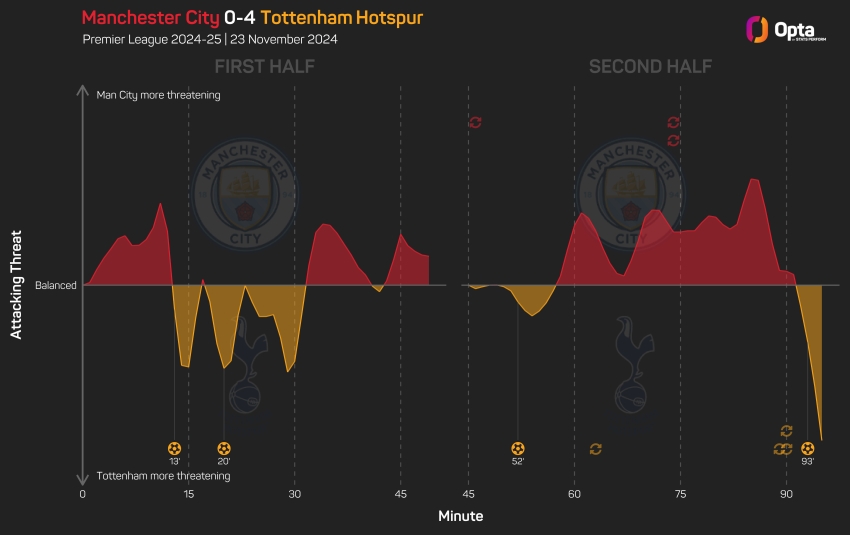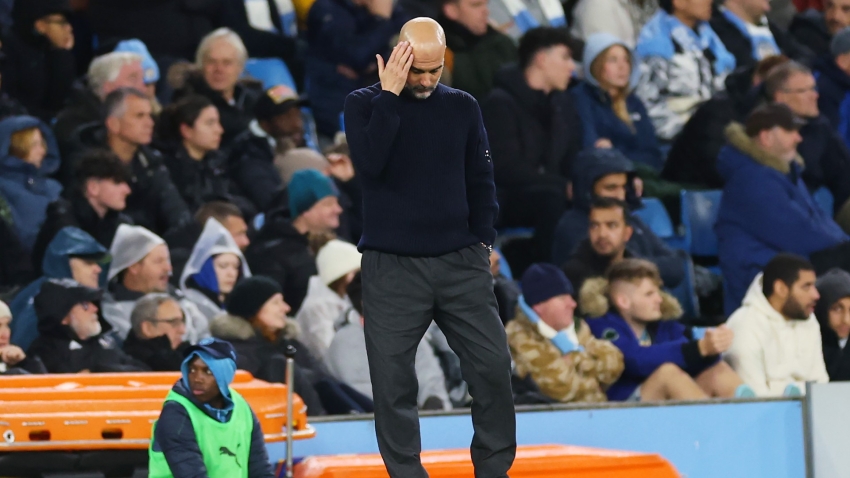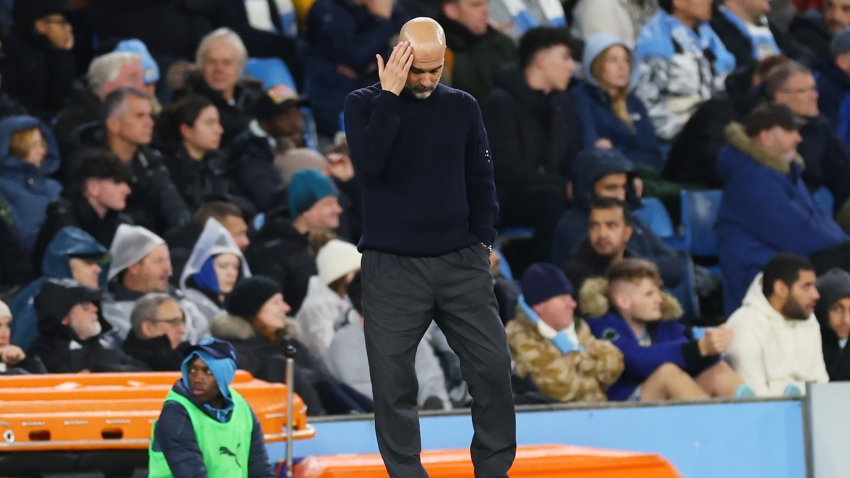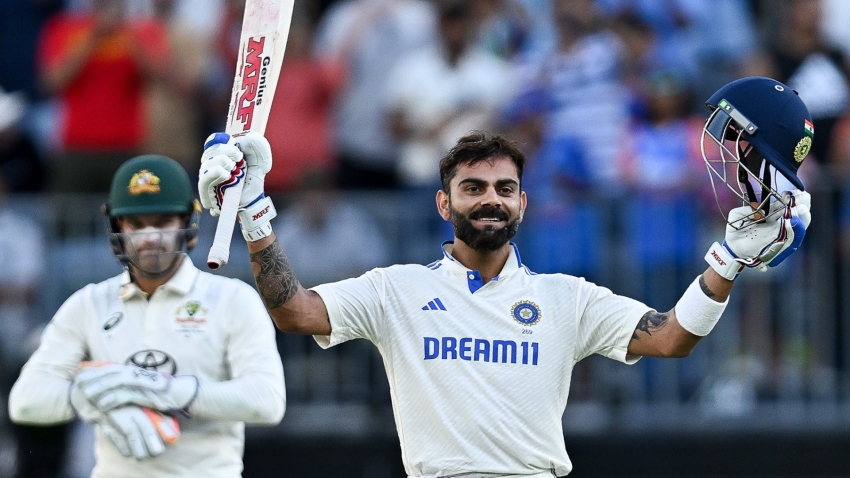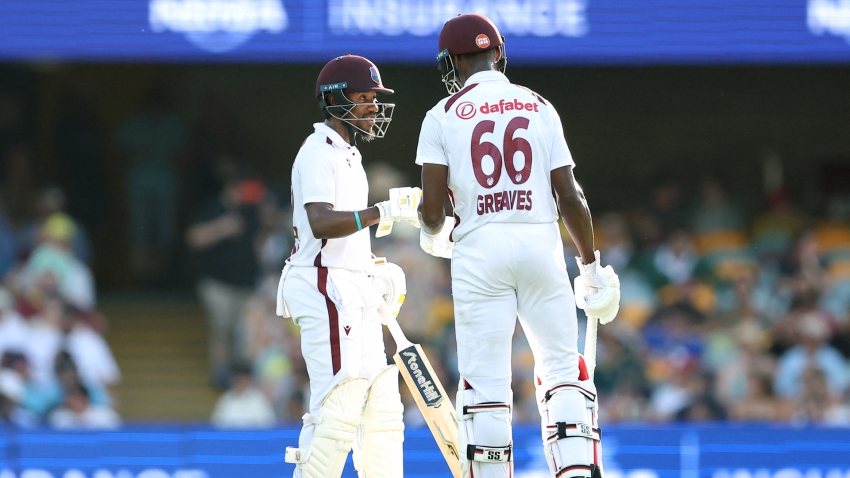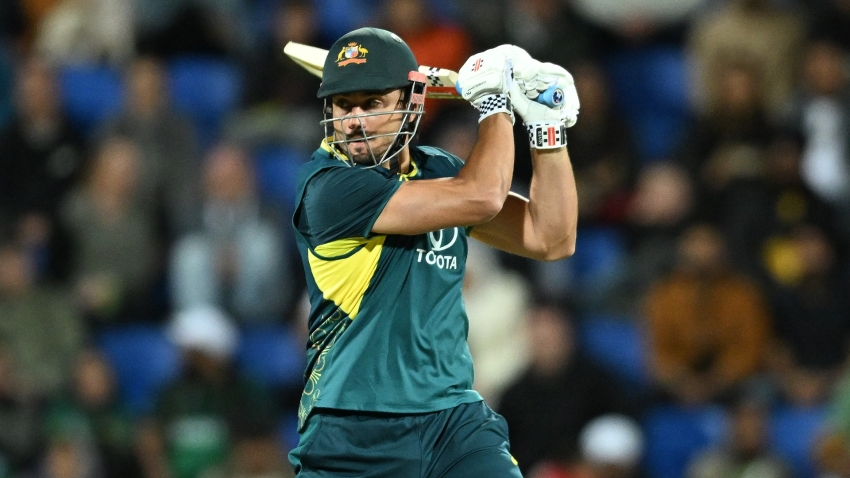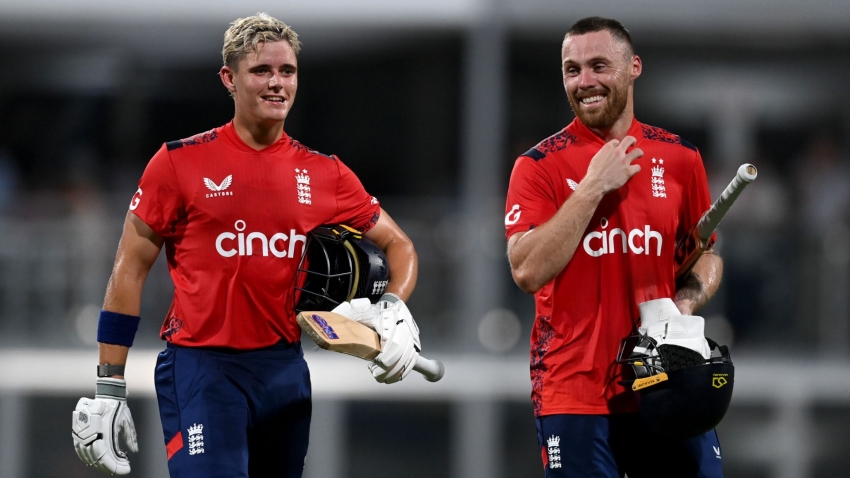Cricket in England and Wales faces an “existential” issue if it fails to address the failings highlighted by a new report, England and Wales Cricket Board chief executive Richard Gould has said.
The long-awaited Independent Commission for Equity in Cricket report found racism was entrenched in the sport, that women routinely encountered sexism and misogyny and that little or no action has been taken to address class barriers within the sport.
The ICEC report describes the sport in England and Wales as “elitist and exclusionary”.
The ECB issued an unreserved apology for the failings highlighted in the report and to the victims of discrimination in cricket, and will work over the next three months on a package of reforms based on the 44 recommendations within the report.
Gould said the report could not simply be dismissed as part of a culture war, adding: “It is an existential issue for the sport. This is a report that the ECB specifically asked for two and a half years ago, and deliberately did not set narrow parameters.
“The game wants to understand, we want to understand, the seriousness of the issues and that’s why we’re grateful to the commissioners.
“You talk about direct language – we wouldn’t want it in any other way because then it leaves us in no doubt as to the state of the game and what needs to be done in order to drive forward.
“This report is a seminal moment for us. It helps us to fully understand the scope of the issues within the game, it allows us to understand the apologies that we quite rightly make to those people that suffered discrimination.
“We are determined to be able to act on this report and deliver on its intent in the coming months.
“This report will contain lots of information which will come as a shock to many and many people will be disappointed by. But there’s also a huge amount of determination throughout the game, throughout the country, to make sure that cricket can deliver and in only a way that cricket can.”
The ICEC report highlighted past, failed efforts to act on discrimination in the sport.
It said the ECB’s efforts to address the challenges of equity, diversity and inclusion in cricket only gained real momentum following the introduction of its independent board in 2018, nearly 19 years after the 1999 ‘Clean Bowl Racism’ report concluded that racism existed in cricket.
Asked why the response would be different this time to 1999, Gould said: “You’re quite right to allude to a report previously, which was not acted on in a sufficient manner. Determination (to get it right this time) is huge.
“And I think that the quality of work that’s gone into this report will help us to find the right routes through and we expect to be held to account as we go forward.”
England batter Ollie Pope spoke at Lord’s ahead of the second Ashes Test and prior to the publication of the report.
The 25-year-old is one of a number of current internationals to come through an exclusive private school education, in this case Whitgift School, but made it clear he felt the sport had to make sure that the national side represented the broadest possible cross-section of society.
“I think there is a lot more we can keep doing as players. As an England team, we’re in a great position where we have got all eyes on us and it is definitely something we’re aware of and definitely something we can keep driving forward,” he said.
“The next guys doing what we’re doing now in 20 years, we want to have the whole country to choose from, not just a certain group of people. That’s something we talk about as a team and are aware of. We know that we can keep promoting that, for the sport and for the country. It is a sport for everyone and I think it definitely 100 per cent should be as well.
“(At Surrey) we’re a club that’s got different religions, different races, guys coming from overseas. That’s the important thing and an opportunity to learn a lot about other team-mates’ religions and ways of life. I think that’s something that’s being spoken about a lot more now and I think it’s important those conversations keep happening.”
Among the proposals is a call for equal representation for the women’s game throughout the governance structure of English and Welsh cricket.
While England captain Heather Knight said she has not yet read the report, she believes there have been incremental advancements in the women’s game recently even if there is still some way to go.
She highlighted the Women’s Ashes Test being extended into a fifth day as an example of glass ceilings being broken.
Speaking after their 89-run defeat to Australia at Trent Bridge on Monday, she said after being asked whether her voice was being heard: “It’s definitely been listened to a lot more recently.
“Having five days is probably testament to that – I’ve been hammering that drum for quite a long time.
“We’ve still got some way to go but I do think things have changed and things are starting to tip, particularly in women’s cricket. There’s certainly progress to be made but let’s not forget the progress we’ve made.”
Dame Caroline Dinenage MP, chair of the House of Commons’ Culture, Media and Sport Committee, hopes the report prompts significant change.
She said: “Today’s report confirms the Culture, Media and Sport Committee’s finding 18 months ago that there is a deep-seated issue of racism in cricket.
“The volume of evidence, not only of racial discrimination but also of sexism and elitism, is unacceptable in a sport that should be for everyone, and must now be a catalyst for change.
“The test now for the new leadership of the ECB is to ensure the whole sport is a welcome and inclusive place for all. We welcome their recognition of the need to reset, and look forward to making sure they follow through on their commitments.”









